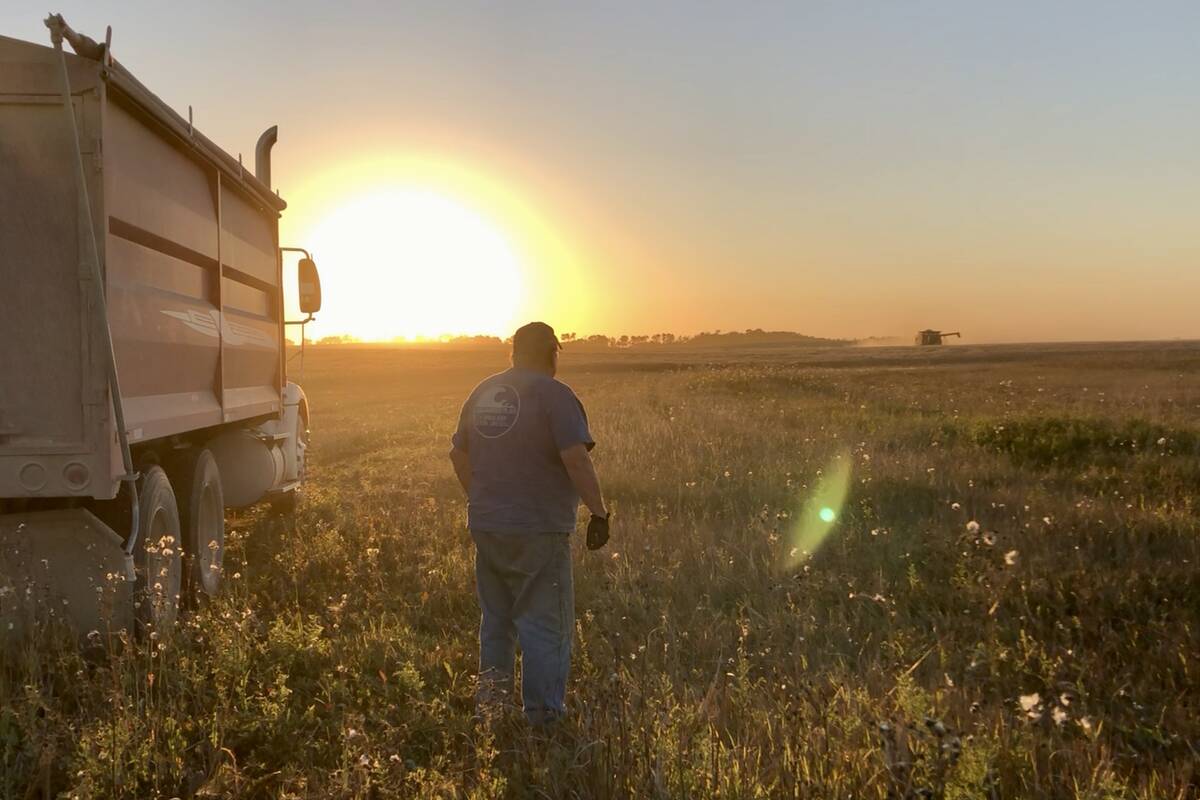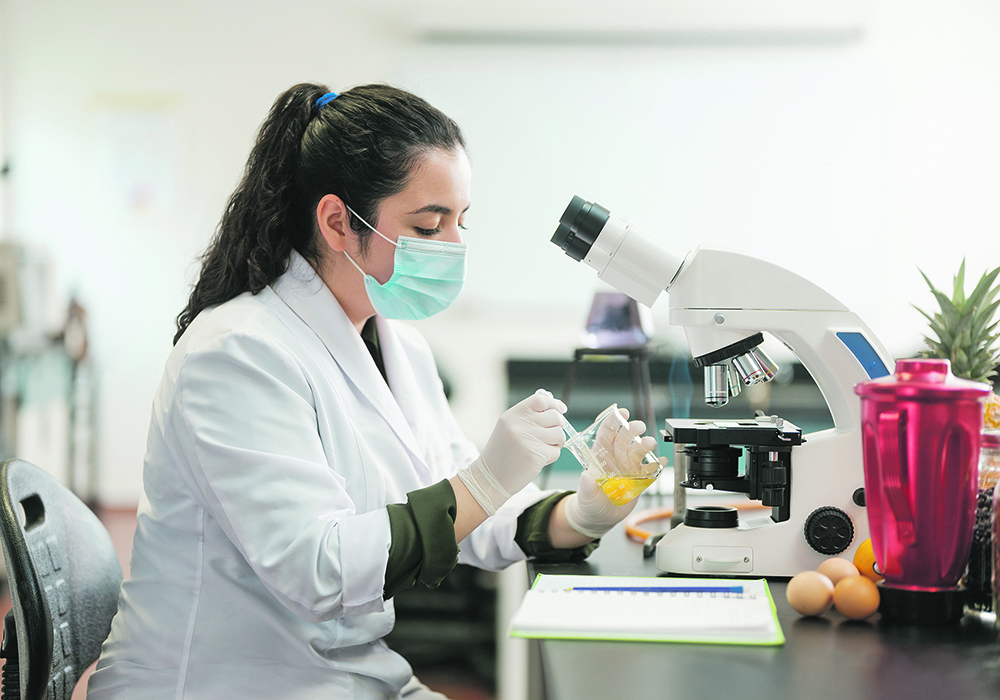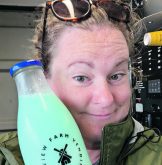A new bachelor of science in food and nutrition degree will be delivered through the University of Saskatchewan College of Agriculture and Bioresources in September, along with classes offered by the College of Pharmacy and Nutrition.
The undergraduate degree will focus on food chemistry, food processing and food nutrition as it relates to human health.
The degree will be comparable to some offered at other Canadian universities, said Darren Korber, department head of food and bioproduct sciences.
“This is an opportunity we don’t want to miss out on and there’s a lot of interest by students in food and nutrition as a combined degree.
Read Also

VIDEO: Bittersweet harvest for this family farmhand
Bruce Burnett helps his brother harvest wheat and canola for the last time on the family farm in Manitoba where they both grew up.
“This new program has got a tight split between food science and nutrition, so most of the upper year core courses that people end up taking or need to take are equally split between food science and nutrition.”
Students will learn how agricultural commodities are turned into nutritious food sources, with background on how they function to promote health. They can use that knowledge in careers that act on developing needs in the food, health and wellness sectors.
The program will include advanced nutrition training courses that cover macro and micronutrients through the human lifecycle.
“This is something that we never really come close to delving into,” Korber said. “I think you get a much fuller picture of how food functions inside the human body in terms of meeting more than just the caloric needs, but really the nutritional and health-related needs of the body as well. So, I think it becomes a much more complete picture.”
The search for a healthier lifestyle is common among all generations, but younger people are showing more interest in healthy food and its function in promoting health, Korber added.
Courses will include an opportunity for a summer work term that earns university credit.
“It requires the student to actually find an employer that’s willing to take them on for a summer term. We have a fair bit of latitude in being able to, if the company is working within the scope of the program, to let them count that for credit,” said Korber.
Training opportunities will include microbiology and food safety as well as food chemistry and analysis in labs and unit operations.
Korber said numerous agriculture businesses are showing interest.
“Certainly, food product development is an area where incorporating nutrition would be something that would differentiate these graduates from our current graduates,” he said.
The training might lend itself to careers in wellness or lifestyle advice. Students could also choose more advanced training through graduate studies.
Applications are being accepted and Korber said interest appears strong.
He said urban students make up the bulk of the food science and nutrition programs at the university.
Interest from international students is anticipated, particularly those from Asia and Africa where food supply and production are popular fields of study.


















